NFT wine is becoming a powerful trend that merges Web3 technology with the traditional wine industry. This guide explores how NFT wine works, why it matters, which platforms are leading the way, and how you can start investing in digital wine.
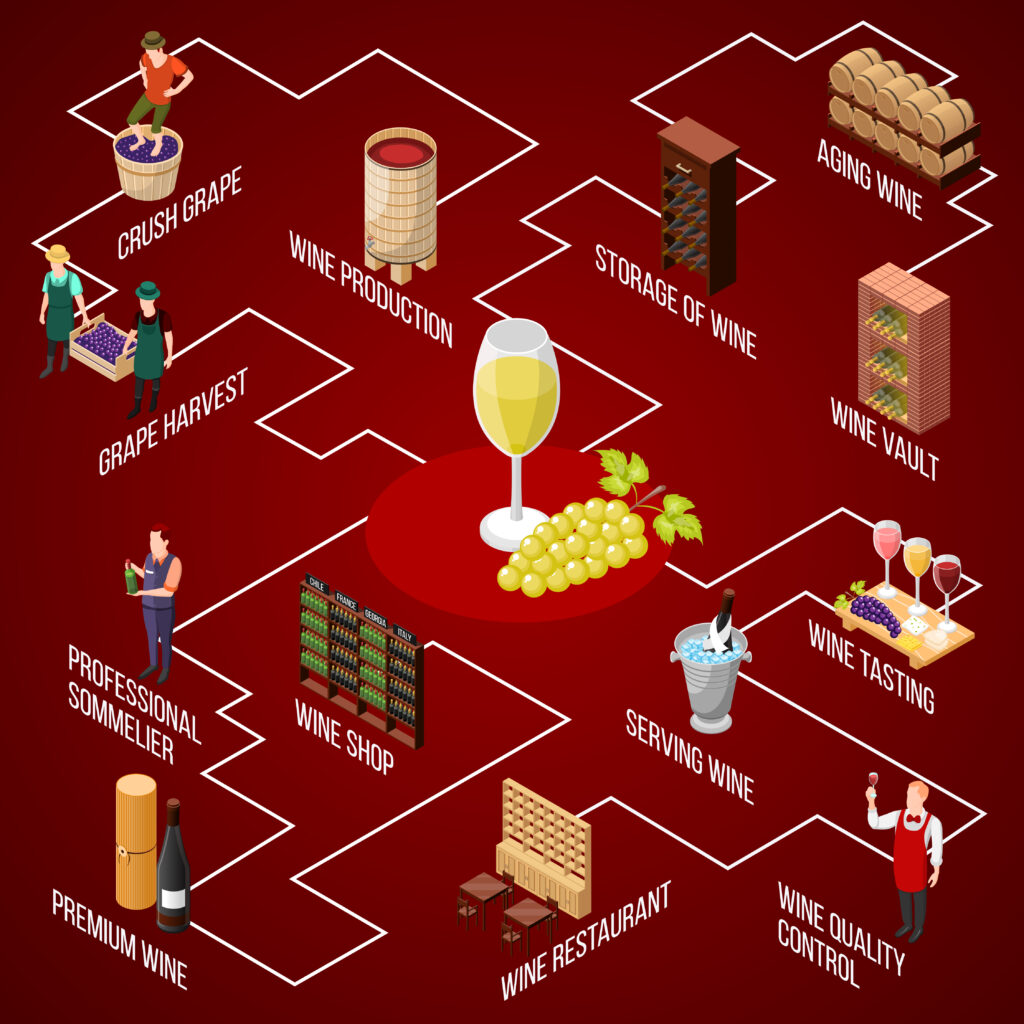
| Feature | Traditional Freeport Model | Modern NFT Wine Storage |
|---|---|---|
| Location | Offshore, tax-free zones (e.g., Geneva, Singapore) | Onshore, easily accessible warehouses |
| Purpose | Art and high-value asset investment | Collectible wine ($50–$1,000) with NFT twin |
| Ownership Transfer | Handled internally within the facility | Blockchain-based NFT transfer |
| Transparency | Often opaque/private | Fully traceable on-chain |
| Accessibility | Limited to institutional investors | Available to anyone with a crypto wallet |
| Use Case | Passive long-term storage | Active trading, redemption, and digital interaction |
To see how nft wine works in practice, think of secure, insured storage that lets assets trade without moving. Instead of offshore freeports, modern platforms use onshore, climate-controlled bonded warehouses. Each bottle is linked to a unique token—tokenized wine via wine tokenization—so collectors can buy or sell the claim to the bottle while it remains safely stored. When a holder wants the physical item, they request wine redemption and the contract can burn to redeem, releasing the bottle and retiring the token. This setup improves practical liquidity and provenance transparency without physical handoffs, while keeping custody, insurance, and compliance clear.
Modern wine NFT platforms link bottles in bonded warehouses to unique tokens. You can trade the token while the bottle stays in storage; when ready to receive it, you redeem (burn to redeem) and the bottle ships.
Fun Fact: Companies like Amazon sublease warehouse space that can be repurposed for wine storage.
Key Benefits of NFT Wine
For Collectors For Wineries Verifiable authenticity New revenue stream Easy resale on marketplaces Transparent logistics No need for physical storage Direct access to Web3 audience Full ownership history Royalty income on secondary sales Community & Membership Models in Wine NFTs
Membership NFTs let wineries build real, ongoing relationships with collectors. Holders can access private tastings, vineyard tours, early wine allocation, and token-gated content such as winemaker AMAs or release previews. Programs work best with clear tiers—Basic, Reserve, and Grand Cru—where perks and access scale at each level (e.g., more allocations, priority event seating, cellar discounts).
For wineries, the model creates predictable revenue through upfront sales and renewals, improves retention by rewarding loyalty, and surfaces useful first-party data about the most engaged holders (attendance, redemption, secondary-market activity). A wine membership NFT can live alongside a traditional club, or power a digital-first wine club NFT with seamless verification at events and in e-commerce. In both cases, the structure keeps benefits portable and auditable on-chain, while the nft wine format enables simple gating and lifecycle management without changing the core winemaking process.
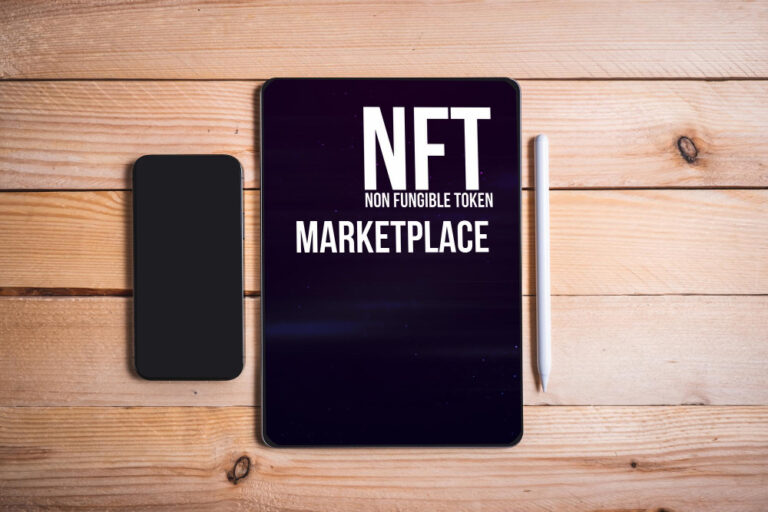 Explore NFT marketplace developmentLaunch faster with us
Explore NFT marketplace developmentLaunch faster with usBlockchains and Standards Used in NFT Wine Projects
- Ethereum: Reliable and widely supported for NFT standards.
- Polygon: Lower fees with strong compatibility.
- Avalanche, Solana: Fast, emerging alternatives.
Most wine NFTs are built using ERC-721 or ERC-1155 token standards, ensuring compatibility with leading Web3 platforms.
Top NFT Wine Marketplaces
Platform Overview BlockBar Leading platform; NFTs represent ownership of wine held in secure storage. WiV Technology Tokenizes wine collections and enables asset-based trading. Club dVIN Exclusive collector community offering access to rare vintages and events. Baxus A Solana-based peer-to-peer marketplace for wine & spirits. It tokenizes each bottle, offers authenticated trading with USD or crypto, climate‑controlled vault storage, fractional ownership, and real-time pricing analytics NFT Wine in the Web3 Ecosystem
NFT wine goes beyond investment—it unlocks new experiences:
- Private wine tastings
- Membership in wine DAOs
- Virtual wine cellars in the metaverse
These integrations create social and experiential layers around wine ownership, powered by Web3.
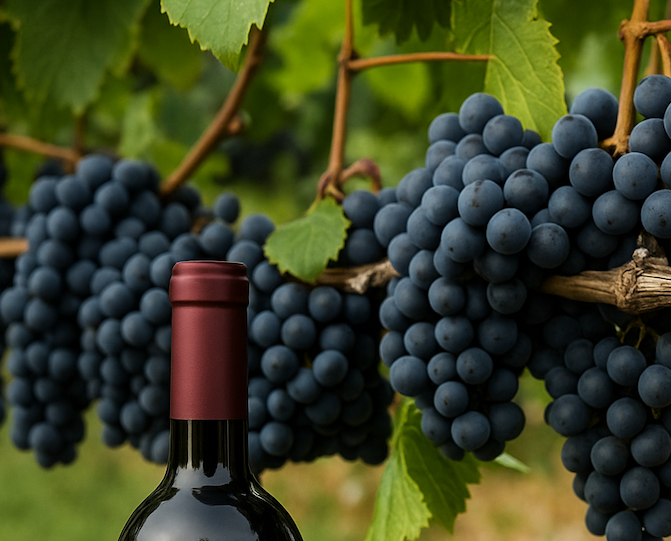 Explore our portfolioExplore case studies showcasing how businesses like yours achieved outstanding results with our digital solutions.Launch faster with us
Explore our portfolioExplore case studies showcasing how businesses like yours achieved outstanding results with our digital solutions.Launch faster with usInvestment Angle & Liquidity Considerations
Wine NFTs bring financial structure to collectible bottles by linking on-chain ownership with real-world custody. Unlike paper certificates, tokenized wine can move on a secondary market without shipping the bottle each time, which improves practical liquidity. This is possible through wine tokenization of a real asset—often framed as RWA wine—with inventory held in insured, temperature-controlled bonded warehouses until the holder requests wine redemption. At that point, the contract can burn to redeem, retiring the token and releasing the physical bottle.
This model reduces friction for trades between long-term collectors and short-term participants, while keeping provenance auditable. Still, it is not risk-free: market prices can be volatile; compliance obligations differ by jurisdiction (KYC, age checks, alcohol shipping rules); and delivery itself adds cost, lead time, and potential damage risk. Wineries and platforms should make custody terms, insurance, and redemption fees explicit, and provide clear pathways for both continued storage and final delivery.
How to Buy and Sell NFT Wine
- Install a Web3 wallet (e.g., MetaMask or Trust Wallet).
- Register on a platform like BlockBar or OpenSea.
- Review NFT metadata: producer, vintage, storage info.
- Purchase with crypto (typically ETH or USDC).
- Resell the NFT or redeem it to receive the physical wine.
Legal Considerations for NFT Wine
- Wine sales require age verification (18+ or 21+, depending on jurisdiction).
- Cross-border alcohol shipping is regulated.
- Platforms must comply with licensing laws.
How to Tokenize Your Wine Collection or Winery
Step-by-step:
- Confirm legal ownership and provenance.
- Ensure storage in a certified warehouse.
- Partner with an NFT platform or blockchain consulting company (e.g., ND Labs).
- Mint NFTs using ERC-721 or ERC-1155 standards.
Wine has always been a store of value. In the past, collectors would buy a case to drink one bottle and sell another. Today, digital tokens bring this model online.
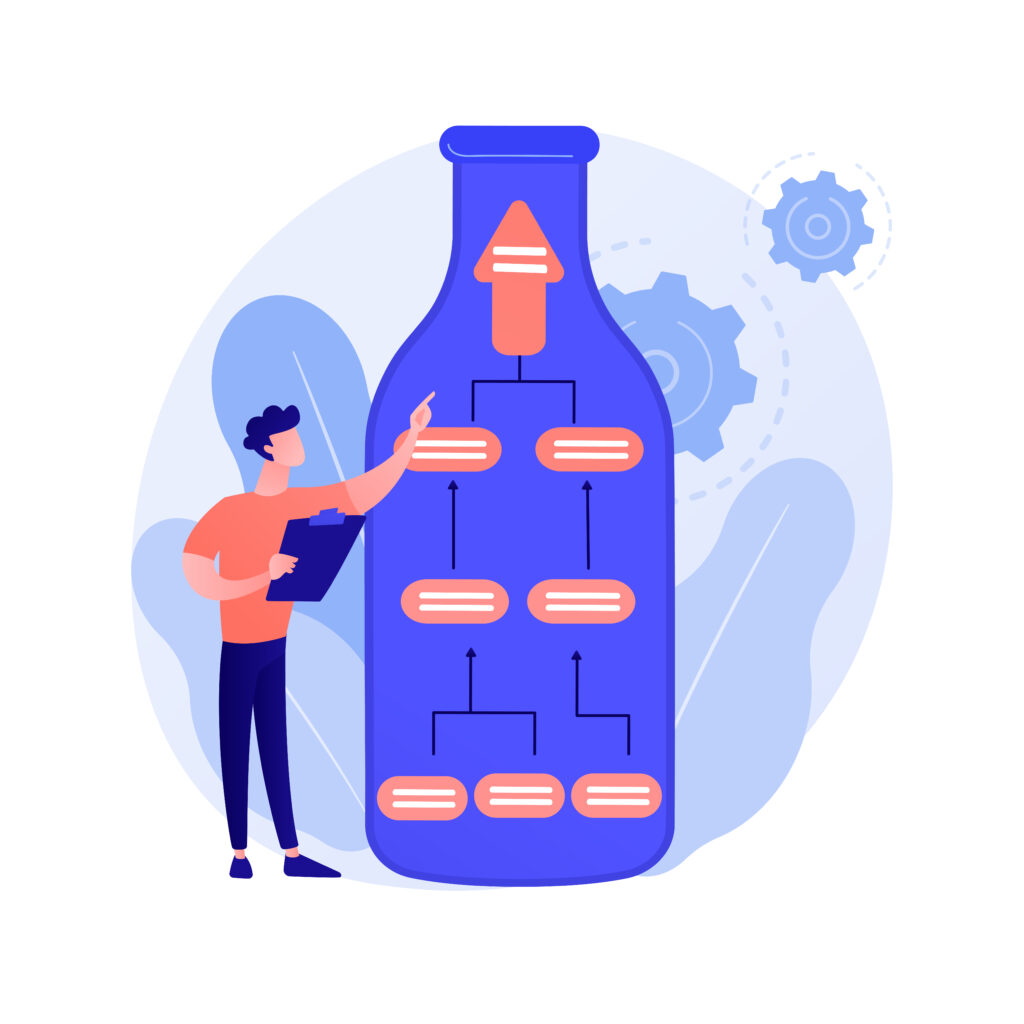
Example: The LiveX 100 index shows strong performance, though the S&P 500 has outpaced it in recent years.
Wine is a physical, real-world asset. NFT technology makes it liquid, traceable, and secure. This is a prime example of RWA tokenization, where physical assets are digitized and globally accessible 24/7.
– The global NFT market was valued at $22–25 billion in 2021–2022, with collectibles and art dominating the space.
– While NFT wine is still niche, key launches have gained attention:
– According to WiV Technology, only 5% of collectible wine is traded online, presenting huge growth potential.
– The overall fine wine and spirits market is forecasted to reach $450 billion by 2032.
– Baxus raised $5M in seed funding (Multicoin, Solana Ventures) to build a transparent, liquid wine NFT marketplace using real-time pricing and peer-to-peer trading.
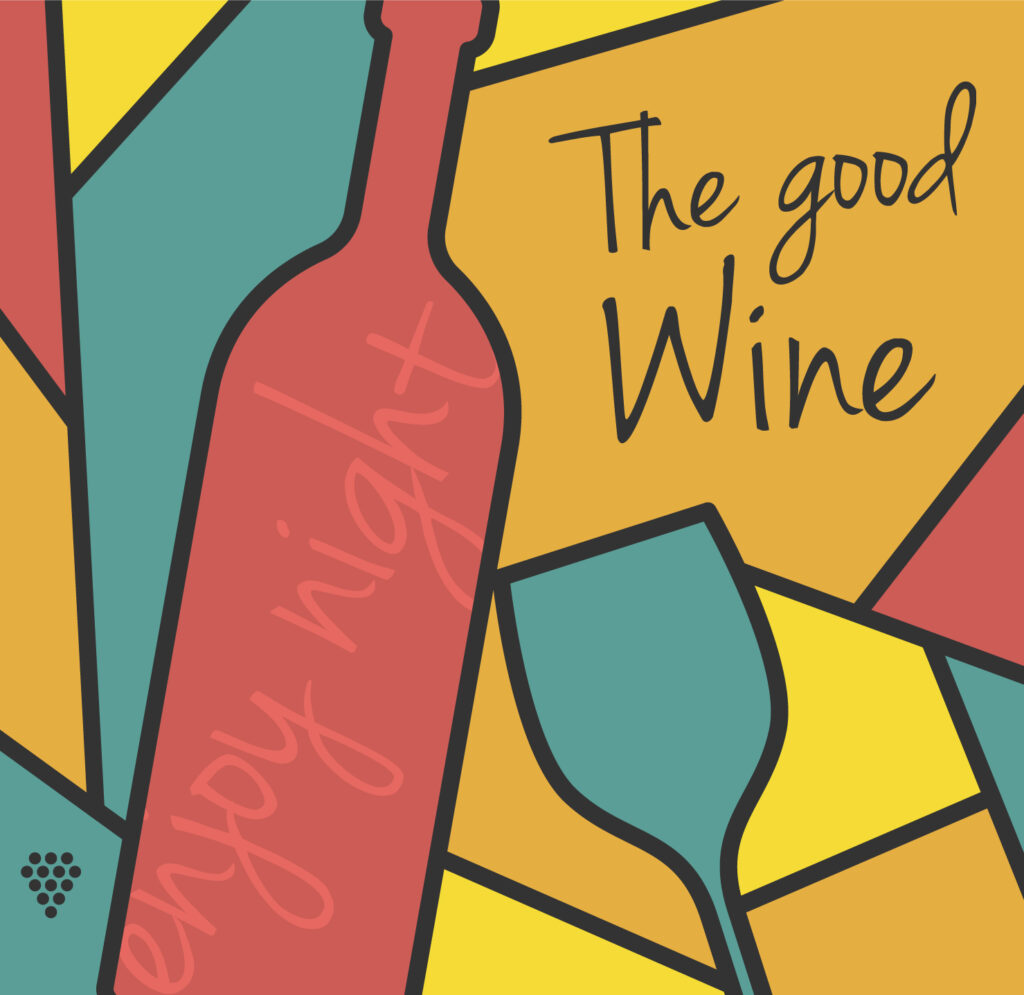
Can I drink NFT wine?
Yes. The NFT holder can request delivery of the bottle. The NFT is either burned or retained as a collectible.
Where is the wine stored?
In certified, climate-controlled warehouses, typically in Europe or the U.S.
How do I verify authenticity?
Blockchain records include origin, history, and chain of custody.
Where can I buy wine NFTs?
BlockBar, Club dVIN, and OpenSea are popular platforms.
Is selling wine via NFT legal?
Yes, with compliance to age, shipping, and licensing regulations.
How is an NFT different from a paper certificate?
An NFT is a verifiable on-chain record tied to a specific bottle, enabling instant checks of provenance and digital transfer—no manual paperwork.
What happens to the NFT after redemption?
On redemption the token is typically burned (“burn to redeem”), marking the bottle as claimed and preventing future resale of that token.
Can I transfer or gift a wine NFT?
Yes. You can transfer a wine NFT to another wallet; platforms may require KYC before redemption or delivery.
Where is the bottle stored pre-redeem?
Usually in an insured, climate-controlled bonded warehouse under the platform’s or winery’s custody terms.
Taxes/customs basics (non-advisory).
Taxes and duties apply at redemption/shipping based on destination rules; holders should check local regulations and any platform fees.
Does the NFT support secondary sales?
Yes, if enabled. The token can trade on supported marketplaces until wine redemption occurs and the token is burned.

NFT wine isn’t just a passing trend, it’s a digital transformation of a timeless asset. Blockchain makes wine more transparent, secure, and tradable.
For collectors, it’s a new way to engage. For wineries, it’s a sales and branding opportunity. For investors, it’s a tangible alternative asset class.
NFT wine is a real-world asset you can taste.